SUMMARY
This is AI generated summarization, which may have errors. For context, always refer to the full article.
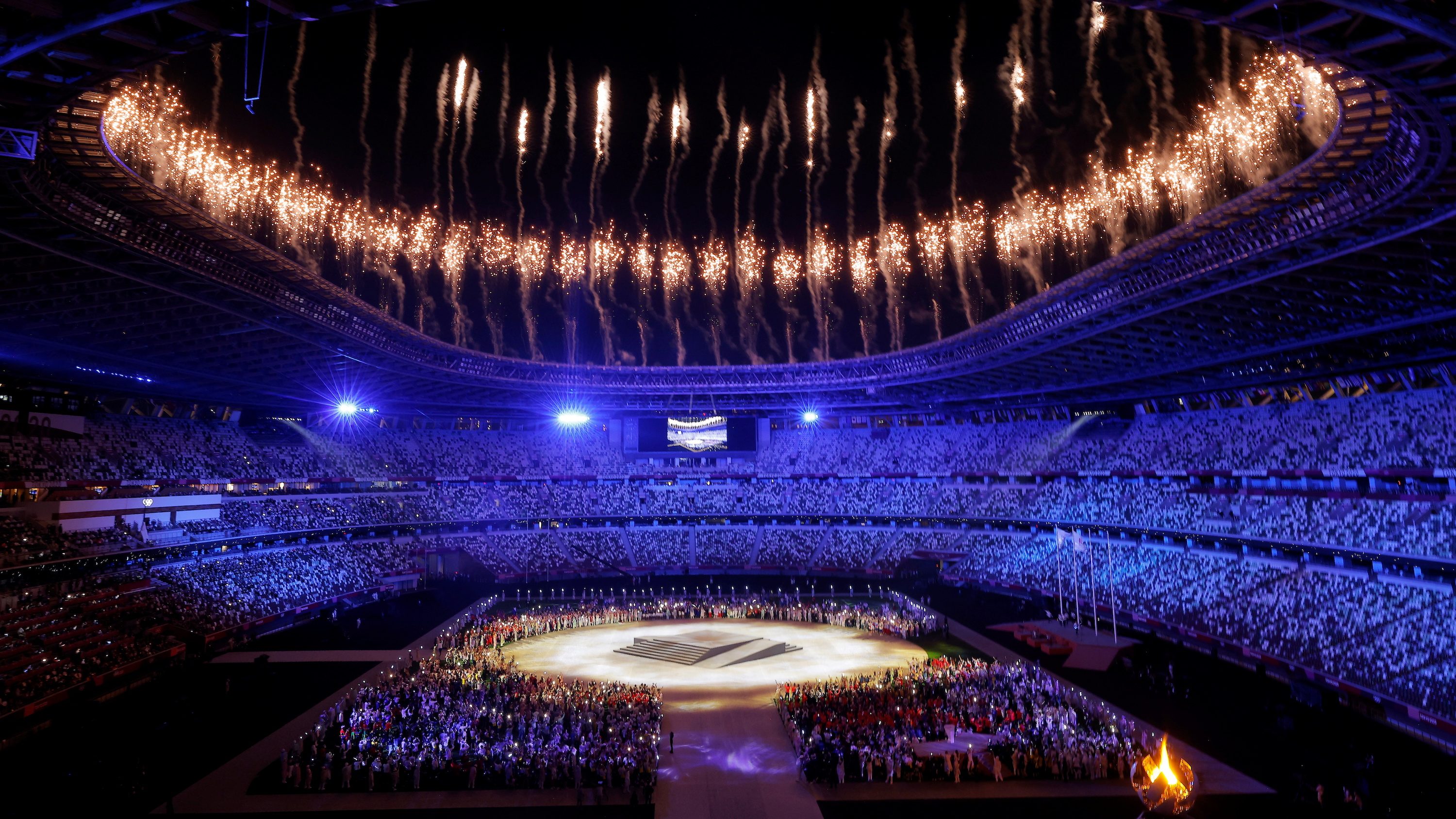
Tokyo bid farewell to the 32nd Olympic Games on Sunday, August 8, in a nearly empty stadium with only select dignitaries, limited media, staff, and the remaining athletes.
Before the ceremony, outside the surrounding area of the National Tokyo stadium, local and foreign residents gathered despite Tokyo’s state of emergency.
Sawako Nakamura, 67, came all the way from Chiba prefecture in the hopes of immersing herself in the Olympic mood.
“I was also at the Olympic Monument in Odaiba earlier today. I just want to feel the Olympic atmosphere. I didn’t expect to come any closer to the stadium but when I saw it I almost cried,” said Nakamura.
Nakamura wasn’t planning on staying for the closing ceremony, but she decided to buy delicious food from Tokyo and watch the ceremony at home.
“I still remember back in 1964, we didn’t have our own TV so we had to go to our neighbor’s house to watch it,” added Nakamura, who was never against the Olympics being staged in the city despite the pandemic.
Nakamura regarded the stadium as a structure with a spirit and thought it would’ve wanted an audience and felt it to be lonely. When asked if she had any message to the stadium, she smiled and said, “I would say thank you!”
Takaaki Takenaga, 65, shared a similar sentiment.
“I think the Japanese government should’ve decided to host the Olympics with spectators,” said Takenaga, sporting his All-Japan commemorative t-shirt.
Like the majority of the world, Takenaga watched the games on TV and sympathized with the players.
“I watched the athletes give their best even without spectators but it would’ve been better if the audience could cheer for them. How can we enjoy their victory if we cannot be there and share the moment?” said Takenaga.
Among the gathering crowd was a fellow Filipina from the US who stayed just outside the stadium to get a good spot for viewing the Olympic fireworks.
“My mom was supposed to fly from America because she purchased tickets for four events which got cancelled. There’s a lot of things that’s very sad, negative and unfortunate but I try to be positive with my kids here and friends,” said April, gesturing towards her kids both wearing Olympic commemorative happi overcoats (traditional Japanese coats).
Even though no one can get inside the stadium, April and her family decided to stay until the closing ceremony fireworks as their way of enjoying a once in a lifetime event in Tokyo.
She believes that if it weren’t for the pandemic, Japan did a great job by putting quality into the Olympic Games.
By sun down, the crowd along the streets facing the stadium became denser, prompting the Tokyo police force to close some of the streets. However, compared to the opening ceremony last July 23, fewer people gathered around the stadium during the closing ceremony.
Before the official start of the Games, a poll showed about half of the Japanese people were against the Olympics.
The opposition was mostly online, but as the Games were well underway and Japanese athletes started winning medal after medal, more positive coverage from mainstream media became apparent.
COVID cases push to record high
Surprisingly, some protesters still showed up on the final day as two men held up a “Cancel Olympics” placard in front of the Sendagaya station near the Olympic stadium. On the other side of the stadium in front of the Japan Olympic Committee building, the drums and chants of “Abolish Olympics” can be heard.
A female doctor working in a hospital near the Haneda airport was one of those protesters. “The government is now telling people to take care of themselves at home because there’s not enough beds in the hospital. And yet, they are still hosting the Paralympic Games.”
While many are celebrating the Olympics, the growing number of COVID cases in the host city is alarming. Since the start of the Games, the tally of the COVID cases in Tokyo kept on hitting high numbers.
Two weeks before the closing ceremony, the number of positive cases in Japan was less than 5,000. As athletes and people associated with the Olympics arrived in Japan, the number started increasing.
A day before the closing ceremony, the number reached 15,743. Still, Japan’s Prime Minister Yoshihide Suga claims the Games are not to blame for the spike.
Legacy or white elephant?
Along with a rapid spike of COVID cases, Japan will face economic challenges after the Olympics.
The Tokyo Olympics is the most expensive Games staged in history.
The Japanese government and Tokyo metropolitan government spent at least 1.7 trillion yen for the event.
Originally, the Japanese government expected economic benefits after the closing of the Olympic Games by reusing facilities such as the new national stadium and the influx of tourists.
However, with the coronavirus cases at record high and only 32% of the population fully vaccinated (as of August 5), this strategy is no longer valid.
“According to the original growth strategy, Tokyo was expected to have a large economic boost from tourism but unless this pandemic subsides, tourists cannot enter Japan,” Hideo Kumano, executive chief economist of Dai-ichi Life Research Institute, said. – Rappler.com
Add a comment
How does this make you feel?
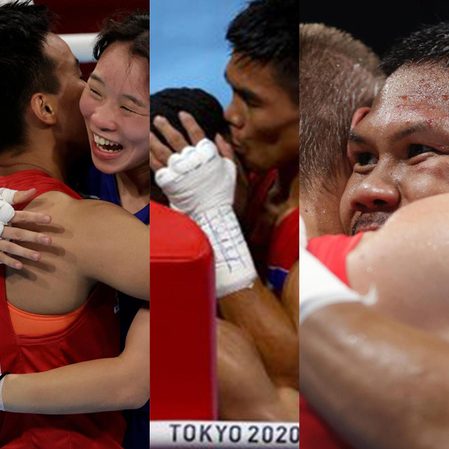


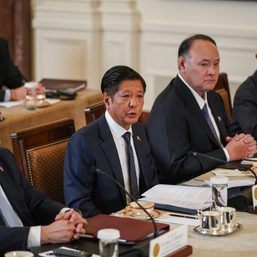
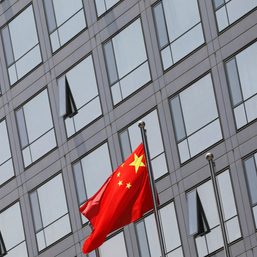
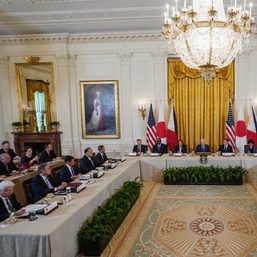
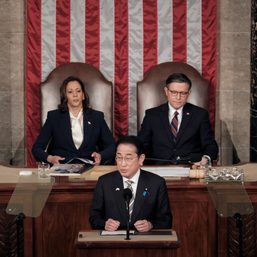
There are no comments yet. Add your comment to start the conversation.